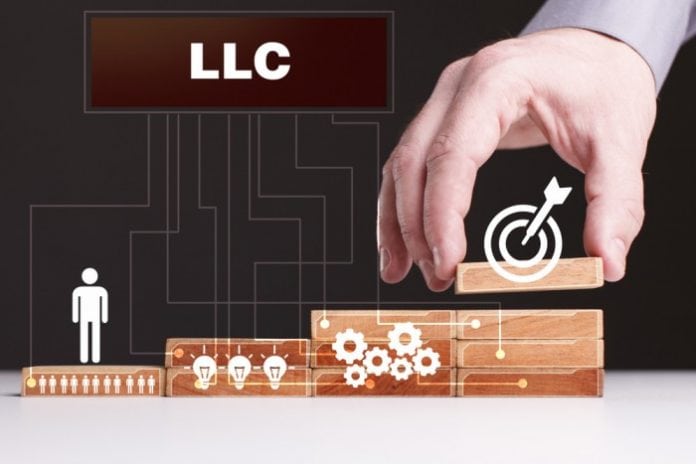The single member LLC (“SMLLC”) is a wonderful device through which an individual may do business. It resembles a sole proprietorship. It affords limited liability protecting the personal fortune of its member from the risks of the business. There is no legal requirement to comply with corporate formalities such as meetings, minutes, and resolutions. The Internal Revenue Service “disregards” it for income tax purposes. Unless it elects to be taxed as a corporation, its income and losses are reported on the tax return of the sole member and it does not need to file a separate tax return with the IRS. (Although disregarded for federal income tax purposes and for income tax imposed by some states, the SMLLC is not free from all forms of taxation.)
Notwithstanding all of these advantages, using a SMLLC may lead to some unintended consequences. For example, to seek relief in court on behalf of the LLC, the member will need to retain a licensed lawyer. Another example is where a court ruled that a man owning real estate, entitled to a right made available to him by statute, forfeited that right when he transferred his property to a SMLLC. The court noted that although he had every right to arrange his affairs through the use of a SMLLC, the right in question was available only to an individual, not an artificial entity, and that he had to accept the burdens flowing from the choice he made as well as its advantages.
Even though there is no requirement for “corporate” formalities in LLC law, the sole member must take steps to assure his or her limited liability protection. There should be a clear paper trail distinguishing the LLC from its sole member. Lacking evidence which demonstrates that the sole member respects the separate set of rights and duties of his or her SMLLC, a court will have difficulty doing so and will likely “pierce” the veil affording limited liability. To reduce this risk, the member should do the following.
Provide the SMLLC with sufficient capital to permit it to do its business, and cause it to acquire insurance against the risks to third parties inherent in the business.
Open a bank account for the LLC in which its income is deposited and from which its expenses are paid.
Keep a separate set of books for the LLC even though it is disregarded for income tax purposes.
Although it is counter intuitive when there is only one member, the LLC should have an operating agreement executed both by the member individually and separately by the member on behalf of the LLC. The operating agreement, among other things, can specify what assets belong to the LLC, distinguishing them from the member’s personal assets.
When signing contracts on behalf of the LLC, the member should not to leave to conjecture whether the party bound is the member individually or the LLC.. Documents should be executed:
XYZ, LLC
By:________________________
Jay Jones, sole member
If the member borrows from or makes loans to the LLC, each transaction should be evidenced by a note providing for interest and maturity. just as if the member were dealing with a stranger. In a Tax Court case involving an individual who controlled several artificial entities and used money from one to support another, the judge observed that the individual’s troubles began when he considered his two entities related and when moving money “didn’t see the merit” in creating any formal notes or other documentation that set an interest rate, provided for security, or a maturity date.
When using a SMLLC, other things to consider are life’s two certainties, death and taxes. As to the latter, when the member receives money from his or her LLC, it comes in the form of “distributions,” not as W-2 salary. Thus the member should keep something aside to pay the tax on the LLC income (whether or not distributed). When non-members are employed, however, they are W-2 employees, and withholding is required.
A SMLLC’s operating agreement should address what is to occur on the death of the sole member. One’s interest in an LLC, even a single member LLC, is divided between economic rights and management rights. The statute provides that on the sole member’s death he or she is no longer a member, and when the operating agreement is silent regarding the member’s death, the statutory default rule is that only the economic interest—the right to receive distributions and ultimate return of capital—passes to the decedent’s estate. The authority to manage does not, and for want of a better word is “suspended” leaving unanswered questions such as who has the authority to collect the LLC’s receivables or to direct completion of its contracts. The decedent’s executor or administrator has the right, within 90 days of the decedent’s death, to designate a successor member who must then consent to become so. If no successor is timely appointed, the LLC dissolves with whatever consequences may ensue. By providing in the operating agreement for a successor member or manager, or that the right to manage also passes to the decedent’s estate, this unsatisfactory result can be avoided.
The attractive features of a SMLLC are many, but the member must consider all aspects inherent in the form and preserve and protect the positive ones with proper documentation.
Find a Home-Based Business to Start-Up >>> Hundreds of Business Listings.

















































